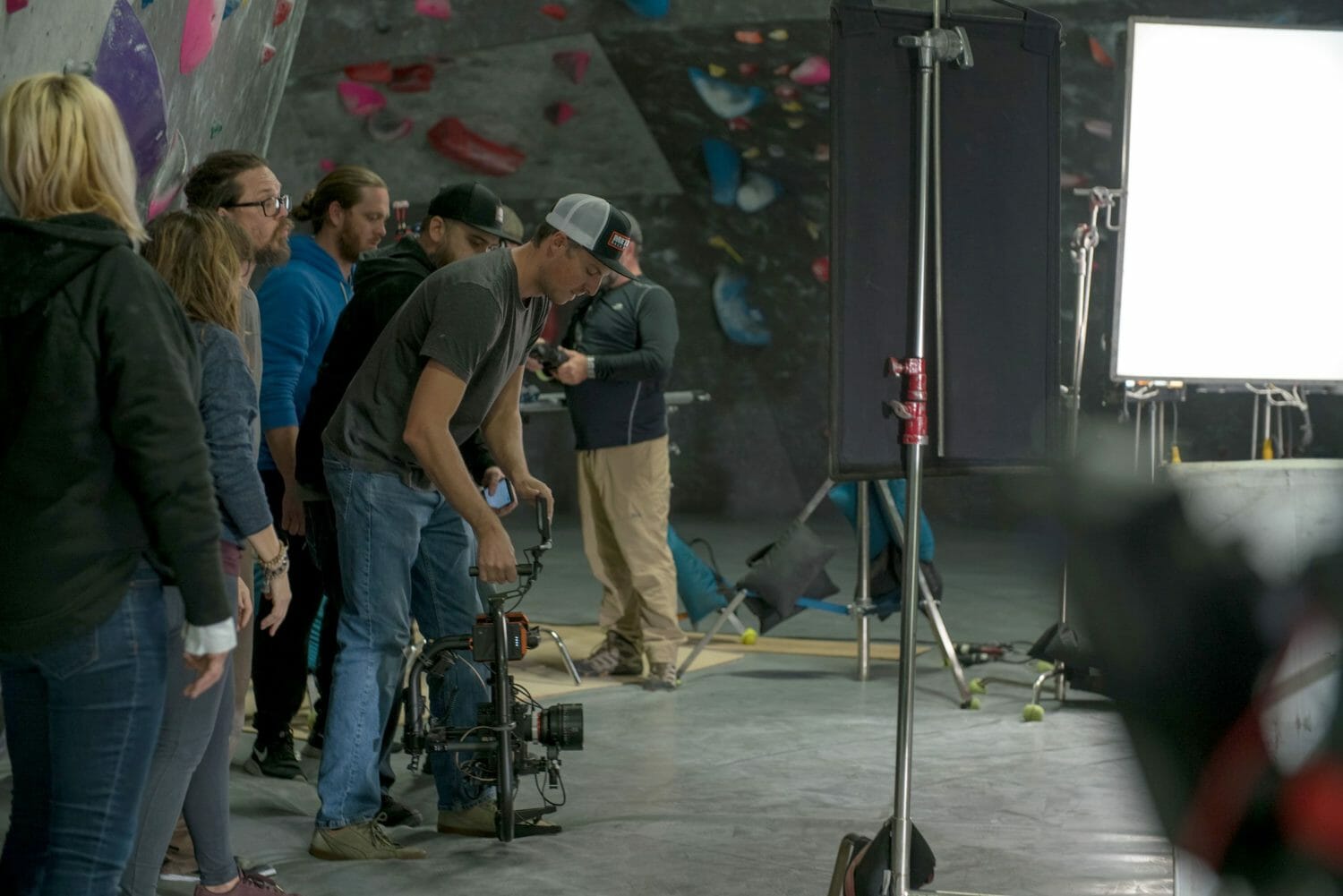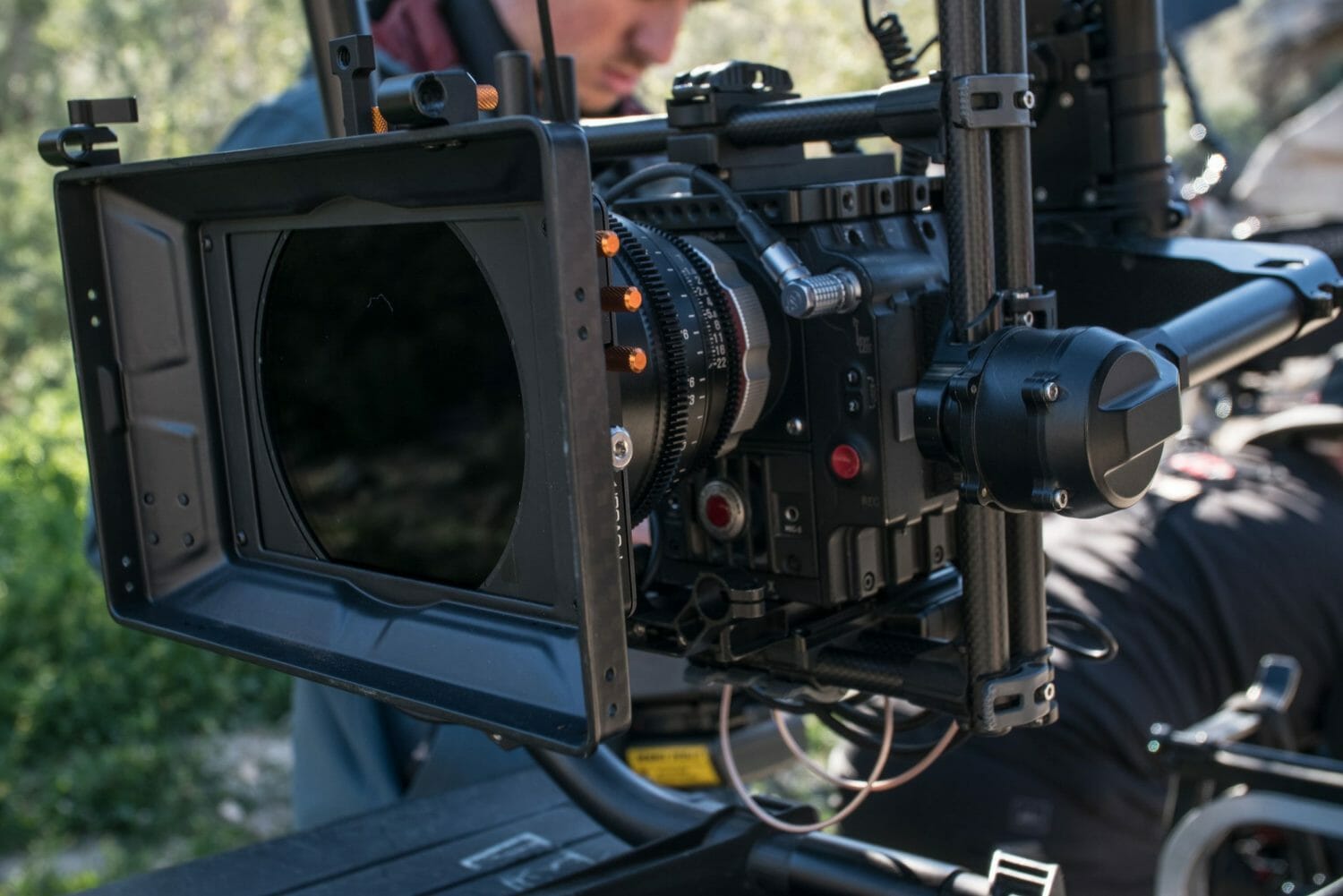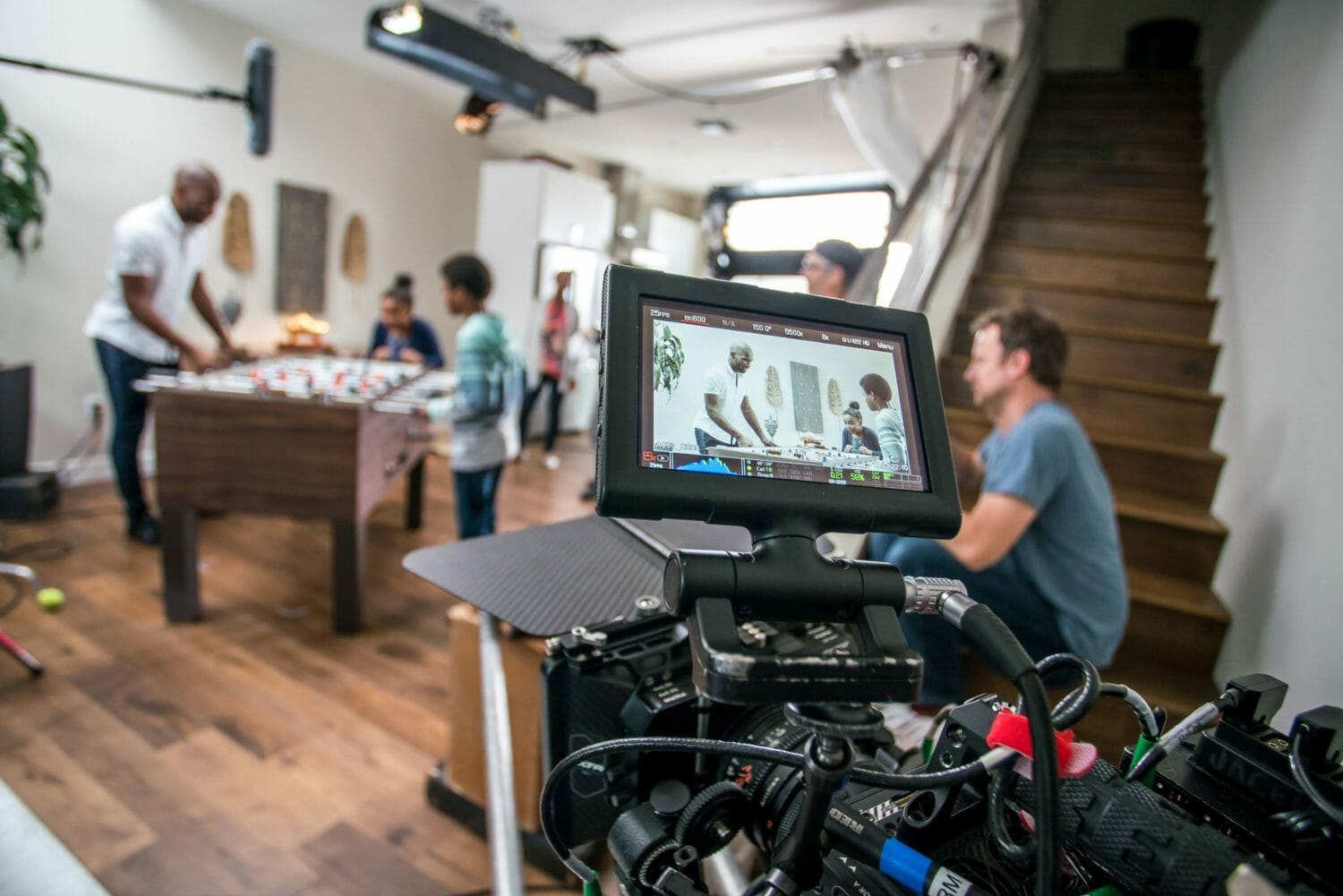Contingency Costs Associated With Video Production Contracts
So let’s say you’re dealing with the minutiae of pre production and you’re trying to get an idea funded whether that be a film, commercial, documentary or TV show. You’re going through all of the rigmarole, putting together a pitch deck that includes a budget breakdown.
Great!
Here’s where your line producer prepares for Murphy’s Law when budgeting the project.
Murphy’s Law simply put is the idea that anything that can go wrong, will go wrong. And trust me, when you’ve been around the block long enough, you’ll come to respect that idea and prepare accordingly for it. Productions can take lots of twists and turns.
That’s where contingency funds come into play.
For any unforeseen events or roadblocks, it’s good to have ’emergency’ money. Contingency budgets are extra amounts of money set aside up front for things like reshoots, overtime, and other additional costs that are considered essential. .
Most productions don’t typically tap into those budgets though. You either use it or lose it. Using that extra money doesn’t particularly put you in the good graces of the stakeholders and you run the risk of being replaced the next go around.
Let’s take a look further into this ‘extra’ amount of money that no doubt burns a hole in a producer’s pocket.

10% of the Budget
It’s kind of a rule that on any film or TV series that is decently funded, you’re going to have a contingency that is around ten percent of the entire budget. That could be significant if we’re talking about tens of millions of dollars. But that doesn’t go for every production. Independent productions might not be able to meet that ten percent, but there’s no penalty forcing them to. They will typically have some sort of contingency put in place though. It’s just best practice.
Usually it’s somewhere between 8 to 15% and is rare if the preparations exceed that.
Professional producers will always fight for that emergency cash, but it’s not uncommon to jump on a commercial or music video gig that has no contingency put in place at all. If they don’t get it in the can with the allotted time, they’re shit outta luck! — Make it work in post!

Overtime
We’ve all been there, you’re watching the clock wind down and there’s still a bunch of set-ups in front you and you’re two hours behind schedule. The crew is tired and torn between wanting to go home and earning time and a half. The producer and AD are desperately trying to find solutions to get what they need before they have to wrap up. But the production inevitably goes over.
Well, that’s what some of your contingency budget is going to be spent on. You typically have to go back and forth with the line producer to approve the use of the extra cash and agree on a number of overtime hours. If you’re dealing with an experienced production company, they’ll plan for this ahead of time.

Reshoots
There’s nothing more deflating than getting into post, cutting up a scene and bam! You see it! Something no one noticed on set and it’s a glaring error, one that cannot be ignored. Producers now have to re-group to discuss the conundrum. They come to the conclusion that a day of reshoots is in order. So now you have to gather up that entire crew, secure the location, prep, possibly rebuild some sets, and spend another day shooting something you’ve already shot.
It’s a good thing you have that contingency because a reshoot’s going to eat up most of it if not all of that extra budget! Now the producers don’t have to scramble and go beg for more money, it’s already agreed upon in the contract and in the bank account. You never want to be that producer begging for more cash. It never goes over well.

Essential Costs
Now we’re not talking about paying for a producer’s zip line tour while shooting in Hawaii, that’ll get you in trouble, but let’s be real, some producers get away with it. No, we’re talking about things you need to keep a production moving to avoid losing a whole day of production. Whether that be purchasing that last minute prop to replace a broken one or paying for an abrupt location change or what have you. When unforeseen needs arise in surprise situations, you have to act swiftly to keep the cameras turning. And this sometimes results in having to dip into that rainy day fund.


